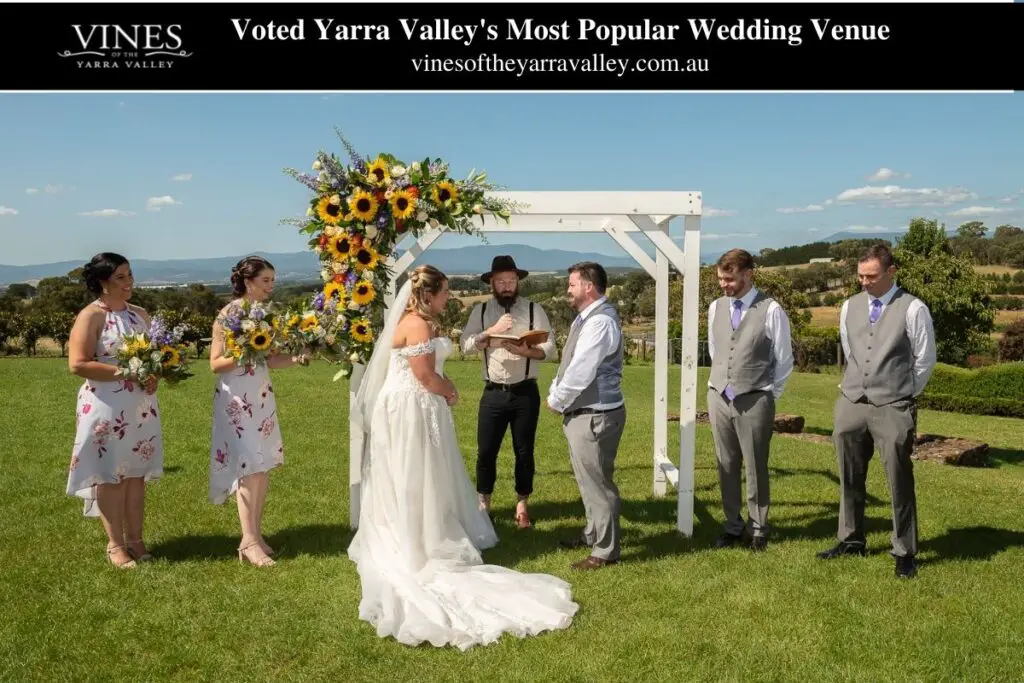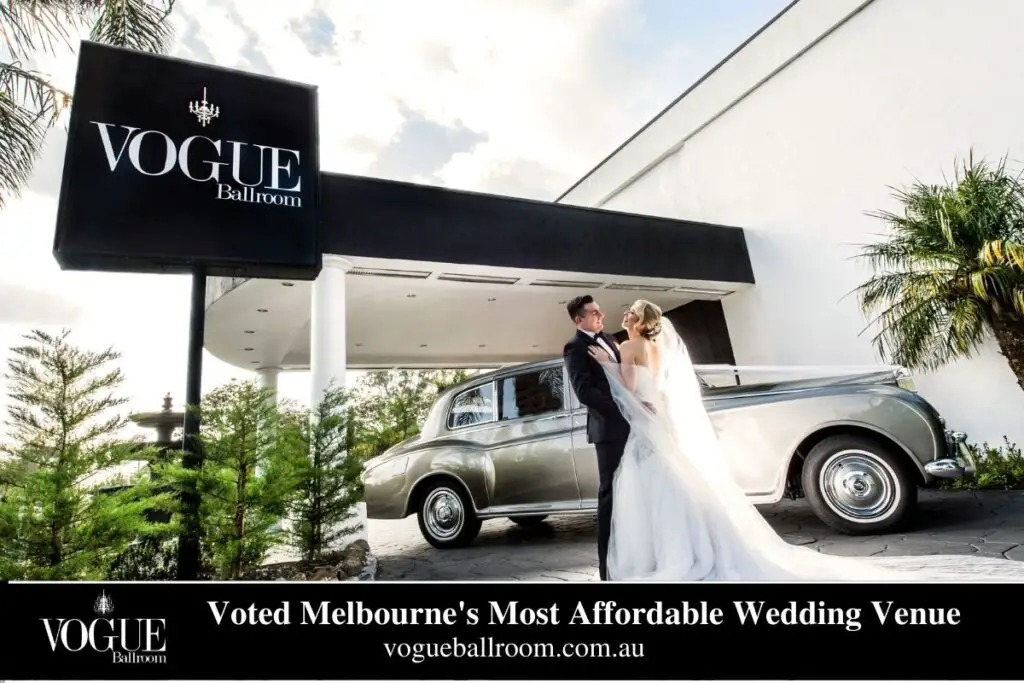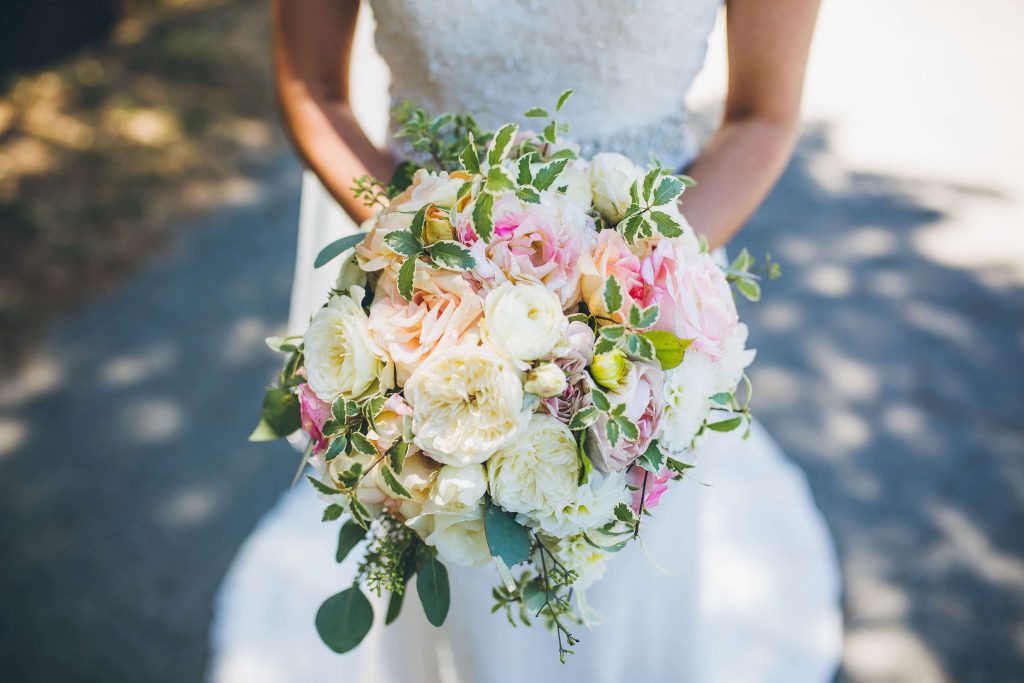Historically, only men (often male family members or the bride and groom's fathers) would speak during a wedding, with the sole purpose of bestowing blessings on the newlyweds. These prayers for joy and procreation were taken extremely seriously and were accepted in an atmosphere of solemnity.
After a certain point in time, it became customary for the best man to deliver a speech following the nuptials. Many years later, women began participating in this ritual as well. The bride and groom often feel obligated to give speeches at their own weddings, and these days it's not just the guests who feel the need to share some words with the newlyweds.
It seems like every few years, wedding speeches have become more and more complicated, like a snowball sliding downhill. The days of the fathers of the bride and groom giving brief, 30-second "welcome the family and may you have many years of happiness and a large number of children" speeches are long gone.
The modern wedding tradition calls for practically every guest, including the groom and bride to give a 4-to-7-minute speech that has been carefully prepared and is often read from a piece of paper. Even though wedding speeches used to be solemn and humorous, bringing tears to the eyes of the women and smiles to the lips of the men, today it is expected that at least one humorous antidote will be provided in each speech, and if the speaker fails to provide any humour, the speech will be judged to be less successful than those that made the audience roar with laughter.
Advice for Delivering an Outstanding Wedding Remark
Speaking at a wedding is both an honour and a daunting responsibility. Speaking in front of an audience is terrifying enough, but then you have to worry about crafting a memorable speech that hits all the right notes, from funny to touching. The heat is off, right?!
As the wedding day approaches, you may be trying to put together a speech but may be experiencing writer's block. Read on for some of our best advice, including etiquette pointers and sample wedding speech language, on how to deliver a speech at a wedding that everyone will remember for years to come.
A wedding speech can be just as nerve-wracking to write and give as the actual wedding vows. The wedding speech is a wonderful chance to express gratitude to those who have supported you throughout your life, but it can also be extremely nerve-wracking.
What's the good news? In reality, it's probably far simpler than you think to craft a wedding speech that both entertains and leaves a lasting impression on the audience. In this article, we will give you some of the best wedding speech advice, as well as some templates and phrasing examples to use for your own wedding.
Instructions for Delivering a Perfect Wedding Remark
Think on the larger picture before you sit down to write your speech. If you've been asked to give a speech at a wedding, whether as a bridesmaid, best man, or even a sibling, there are some rules of etiquette you should follow to make sure your words leave a positive impression. What follows is a compilation of the most crucial "unspoken guidelines" for giving a wedding toast:
- Perfect wedding speeches have equal parts heartfelt expression and humorous banter. A large audience may feel uneasy with a very sentimental or mushy speech. If it's too light and humorous, however, it could be misunderstood as rude or insincere. Your speech will be more effective if you split the time in half.
- All wedding speeches should be between two and five minutes long. Such a length of time is ideal for making an impactful speech without boring the guests or delaying the reception.
- Personalizing your speech with humorous tales is a terrific idea, but don't tell anyone anything that can make them feel awkward, like a story about an ex-lover. Maintain a sanitary environment.
- Similarly, lighthearted ribbing is OK so long as it is appropriate for your connection with the couple. However, avoid making anyone sound bad. Use lighthearted humour with caution; you need to be very positive that it will be accepted well.
- Don't try to paraphrase a whole speech that you found online. Although wedding speech templates can be helpful for generating ideas, the best speeches are always unique and reflect the speaker's relationship with the bride and groom.
- Be sure to address the happy couple as a whole throughout your speech. Addressing only one partner in a pair is rude even if you happen to have a closer relationship with that person; it's polite to speak to both people involved. They deserve to have a good time on their special day.
What Else Should Be Said During a Wedding Reception?
If you want your wedding speech to be memorable, it's important to keep a few things in mind. There is no rule that says the speech you give at a wedding has to be generic or dull. This expression might be long and serious or short and fun. You and your companion can deliver the speech in unison or take turns. Do what feels natural.
No matter what form your speech takes, it is essential to express gratitude to the appropriate people, keep your audience interested, and hopefully even have them laughing. Before you begin writing your wedding speech, consider these tips.
Just a few words to set the stage.
Whether it's an official greeting or a lighthearted anecdote to ease tensions, ice can always be broken. If you're the first to speak, remember to introduce yourself and your relationship to the couple. Will your speech follow another? Then acknowledge the introducer who spoke before you.
Thanks-you phrases
A wedding speech is primarily an opportunity to express gratitude and admiration to the couple getting married. This must contain:
- Any visitors who have made the trip, we thank you for
- I'd want to extend my gratitude to everyone who has joined us today.
- If any family or friends have helped you out with the wedding, you deserve extra thanks (like your bridal party, parents or siblings)
Stories with a sense of humour
It would be appropriate here to tell a story or two from your past relationships. This might be a humorous tale or a touching recollection, depending on your tone of voice. Possible examples include:
- How you met
- The moment you realized they were "the one."
- Your proposal story
- Your funniest memory together
- A memorable adventure shared

Expressions of love and affection
When giving your respective speeches, consider using this moment to express your love and appreciation for your spouse. You should tell them how much they mean to you, what you like most about them, and what you envision for the future together.
A Toast
Toast your new spouse or, if you're giving the speech jointly, raise a glass to your family and friends for attending.
Don’t feel pressure to memorise
Don't put too much trust on your memories to get you through your toast on such an emotional day. The speech is going to be brief, so if you need to consult a piece of paper, go ahead. If reciting from memory helps, then by all means give it a shot. A tool like this, however, can help many of us perform at our best despite our anxiety.
Chill out, crack a smile, and remember to cheers to something! I hope the toast you gave during the wedding was well received.
Tips:
- When the groom gives his speech, the bride appreciates it when he addresses them as husband and wife or Mr. and Mrs.
- Holding brief cue cards in your hand can help you remember what to say next and allow you to speak more naturally.
- It's rude to keep your guests from seeing and hearing you by burying your head in a stack of papers, so cue cards prevent that.
- It's natural to go too fast when you're anxious, so slow down and take a few deep breaths.
- Microphones should be used to guarantee everyone at your wedding can hear the ceremony and speeches, especially if the venue has high ceilings and/or you have invited a large guest list.
- Time your words just so by practising them. Although it shouldn't feel rushed, it's also not in anyone's best interest to talk nonstop for several hours.
- Useful speeches often include anecdotes and stories, but it's important to link them together with a cohesive topic.
- When giving a toast at a wedding, it's important to remember that you're not simply talking about the happy couple to whom you're closest in spirit.
- While the groom's speech should be prepared in advance, it's always touching when he takes a moment during the ceremony to share the emotions that only a wedding can evoke.
- Put your humour to the test. You can use this to eliminate any inappropriate comments or innuendos about previous relationships before it's too late.
- And yet, don't take yourself too seriously. Presentations at business are not the same as wedding speeches.
- Last but not least, make sure a toast is made, proper thanks are extended, and gifts are distributed as needed.
- Make use of a slick visual aids or props, but first make sure your venue can handle the technology and run a test run!
Conclusion
Giving the wedding speech is a huge duty and a huge honour. Speaking in front of an audience is nerve-wracking enough without adding the pressure of trying to write a moving and humorous speech. Nowadays, speeches at weddings are expected from nearly all guests.
Writing and delivering a wedding speech can be just as nerve-wracking as saying your own vows. The best speeches are a mix of sincere emotion and lighthearted fun.

Funny anecdotes from your own life are a great way to put a personal spin on your speech, but avoid sharing anything that could potentially be embarrassing for the audience. In your discourse, you should constantly refer to the pair as a unit.
In contrast to popular belief, wedding speeches need not be boring and generic. Thanking and praising the happy couple are two of the most common themes in wedding speeches. Raise a glass in honour of your new spouse, or your audience if you're presenting the speech with them.
Think about how you can show your spouse how much they mean to you right now. Many of us would benefit from having access to this kind of resource in order to give our best performances despite the worry we experience.
It's crucial to keep in mind that you're not the only one being addressed during a wedding toast. Be sure to raise a glass, give thanks, and hand out gifts as appropriate. To make sure all of your guests can hear the vows and toasts at your wedding, consider renting microphones.
Content Summary
- Historically, only men (often male family members or the bride and groom's fathers) would speak during a wedding, with the sole purpose of bestowing blessings on the newlyweds.
- After a certain point in time, it became customary for the best man to deliver a speech following the nuptials.
- The bride and groom often feel obligated to give speeches at their own weddings, and these days it's not just the guests who feel the need to share some words with the newlyweds.
- It seems like every few years, wedding speeches have become more and more complicated, like a snowball sliding downhill.
- The days of the fathers of the bride and groom giving brief, 30-second "welcome the family and may you have many years of happiness and a large number of children" speeches are long gone.
- The modern wedding tradition calls for practically every guest, including the groom and bride to give a 4-to-7-minute speech that has been carefully prepared and is often read from a piece of paper.
- Even though wedding speeches used to be solemn and humorous, bringing tears to the eyes of the women and smiles to the lips of the men, today it is expected that at least one humorous antidote will be provided in each speech, and if the speaker fails to provide any humour, the speech will be judged to be less successful than those that made the audience roar with laughter.
- Speaking at a wedding is both an honour and a daunting responsibility.
- Speaking in front of an audience is terrifying enough, but then you have to worry about crafting a memorable speech that hits all the right notes, from funny to touching.
- As the wedding day approaches, you may be trying to put together a speech but may be experiencing writer's block.
- Read on for some of our best advice, including etiquette pointers and sample wedding speech language, on how to deliver a speech at a wedding that everyone will remember for years to come.
- A wedding speech can be just as nerve-wracking to write and give as the actual wedding vows.
- In reality, it's probably far simpler than you think to craft a wedding speech that both entertains and leaves a lasting impression on the audience.
- In this article, we will give you some of the best wedding speech advice, as well as some templates and phrasing examples to use for your own wedding.
- Think on the larger picture before you sit down to write your speech.
- If you've been asked to give a speech at a wedding, whether as a bridesmaid, best man, or even a sibling, there are some rules of etiquette you should follow to make sure your words leave a positive impression.
- Be sure to address the happy couple as a whole throughout your speech.
- You and your companion can deliver the speech in unison or take turns.
- No matter what form your speech takes, it is essential to express gratitude to the appropriate people, keep your audience interested, and hopefully even have them laughing.
- Before you begin writing your wedding speech, consider these tips.
- Just a few words to set the stage.
- If you're the first to speak, remember to introduce yourself and your relationship to the couple.
- A wedding speech is primarily an opportunity to express gratitude and admiration to the couple getting married.
- When giving your respective speeches, consider using this moment to express your love and appreciation for your spouse.
- Toast your new spouse or, if you're giving the speech jointly, raise a glass to your family and friends for attending.
- The speech is going to be brief, so if you need to consult a piece of paper, go ahead.
- I hope the toast you gave during the wedding was well received.
- When the groom gives his speech, the bride appreciates it when he addresses them as husband and wife or Mr. and Mrs.Holding brief cue cards in your hand can help you remember what to say next and allow you to speak more naturally.
- It's natural to go too fast when you're anxious, so slow down and take a few deep breaths.
- Microphones should be used to guarantee everyone at your wedding can hear the ceremony and speeches, especially if the venue has high ceilings and/or you have invited a large guest list.
- Time your words just so by practising them.
- While the groom's speech should be prepared in advance, it's always touching when he takes a moment during the ceremony to share the emotions that only a wedding can evoke.
- And yet, don't take yourself too seriously.
- Presentations at business are not the same as wedding speeches.
- Make use of a slick visual aids or props, but first make sure your venue can handle the technology and run a test run!
Frequently Asked Questions
Introduce yourself - Tell guests your name and how you know the couple. Thank/Berate the groom for choosing you as Best Man - This can be a jokey part, how you were chosen over the others etc... Praise the bride/couple, say what a great day it's been so far.
How to End the Bride Speech. The last line of the bride's speech is important. It's the last thing your guests will hear so you want to make it strong and memorable. To achieve this, Peterson recommends including gratitude for your guests being there as well as a cute callback that ties everything together.
Whoever is hosting the event should speak first and should take the microphone as soon as guests have found their seats. This first toast is most often made by the parents (or father) of the bride and should combine both a toast to the happy couple and a welcome message to the guests.

